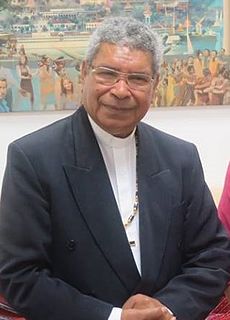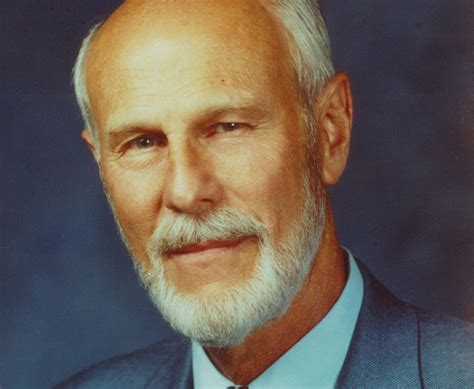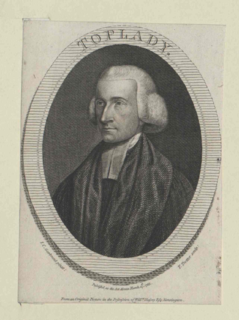A Quote by Saint John Chrysostom
For Christians above all men are forbidden to correct the stumblings of sinners by force...it is necessary to make a man better not by force but by persuasion. We neither have authority granted us by law to restrain sinners, nor, if it were, should we know how to use it, since God gives the crown to those who are kept from evil, not by force, but by choice.
Related Quotes
The libertarian approach is a very symmetrical one: the non-aggression principle does not rule out force, but only the initiation of force. In other words, you are permitted to use force only in response to some else's use of force. If they do not use force you may not use force yourself. There is a symmetry here: force for force, but no force if no force was used.
The necessary consequence of man's right to life is his right to self-defense. In a civilized society, force may be used only in retaliation and only against those who initiate its use. All the reasons which make the initiation of physical force an evil, make the retaliatory use of physical force a moral imperative. If some "pacifist" society renounced the retaliatory use of force, it would be left helplessly at the mercy of the first thug who decided to be immoral. Such a society would achieve the opposite of its intention: instead of abolishing evil, it would encourage and reward it.
So long as men desire to live together, no man may initiate the use of physical force against others. . . . When a man attempts to deal with me by force, I answer him by force. It is only as retaliation that force may be used and only against the man who starts its use. No, I do not share his evil or sink to his concept of morality: I merely grant him his choice, destruction, the only destruction he had the right to choose: his own.
There is in each of us an ancient force that takes and an ancient force that gives. A man finds little difficulty facing that place within himself where the taking force dwells, but it's almost impossible for him to see into the giving force without changing into something other than man. For a woman, the situation is reversed. ... These things are so ancient within us that they're ground into each separate cell of our bodies... It's as easy to be overwhelmed by giving as by taking.
The people who help us grow toward true self offer unconditional love, neither judging us to be deficient nor trying to force us to change but accepting us exactly as we are. And yet this unconditional love does not lead us to rest on our laurels. Instead, it surrounds us with a charged force field that makes us want to grow from the inside out - a force field that is safe enough to take the risks and endure the failures that growth requires.
The men of Normandy had faith that what they were doing was right, faith that they fought for all humanity, faith that a just God would grant them mercy on this beachhead or the next. It was the deep knowledge - and pray God we have not lost it - that there is a profound moral difference between the use of force for liberation and the use of force for conquest.
Now since man is naturally inclined to avoid pain - and since labor is pain in itself - it follows that men will resort to plunder whenever plunder is easier than work. History shows this quite clearly. And under these conditions, neither religion nor morality can stop it. When, then, does plunder stop? It stops when it becomes more painful and more dangerous than labor. It is evident, then, that the proper purpose of law is to use the power of its collective force to stop this fatal tendency to plunder instead of to work. All the measures of the law should protect property and punish plunder.
They act as they please: here and there, they use force against sovereign states, building coalitions based on the principle 'If you are not with us, you are against us.' To make this aggression look legitimate, they force the necessary resolutions from international organizations, and if for some reason this does not work, they simply ignore the UN Security Council and the UN overall.
I infer that God's decrees, and the necessity of event flowing thence, neither destroy the true free-agency of men, nor render the commission of sin a jot less heinous. They neither force the human will, nor extenuate the evil of human actions. Predestination, foreknowledge, and providence, only secure the event, and render it certainly future, in a way and manner (incomprehensibly indeed by us; but) perfectly consistent with the nature of second causes.

































